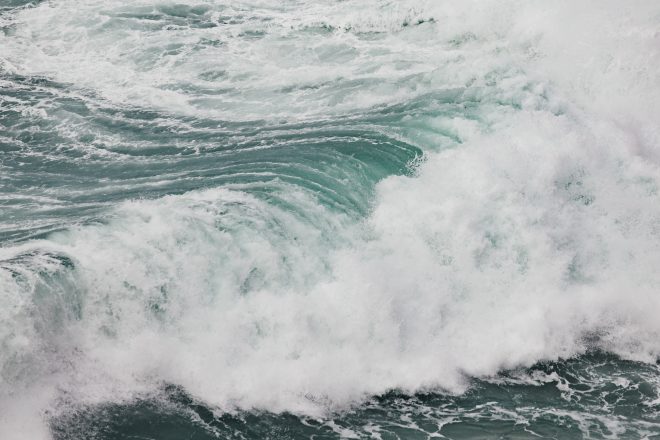Stopping the Race to the Bottom

We are living through unprecedented times, with a cascade of enormous global challenges sweeping across society. We’re buffeted from one catastrophe to the next – humanitarian, health, environment, climate, biodiversity and war – with perhaps previously unseen scale and pace. We may have experienced one or two simultaneous crises of worldwide magnitude, but has it happened at the frequency and ferocity we’re seeing today?
We’ve been collectively gripped by the awful events of the pandemic for the last two years, the tragedy unfolding in real-time in all corners of our planet. A plague that instilled fear in the heart of global society, from which we may only just be emerging and recovering.
The news of the scale and impacts of the global climate and biodiversity crisis overlaid this, filling news channels and our minds with apocalyptic scenes from around the world. Wildfires, floods, displaced people and summer temperatures soaring in frozen parts of the world. The recent IPCC report laid this out more starkly than ever before, that billions of people will suffer unless we act now. COP26 was a wake-up call, COP27 must bring all-hands onto deck to tackle the climate emergency with the urgency it demands.
The ocean emergency has also continued to grow, as it becomes increasingly apparent that it is the at the horrifying nexus of so many big issues, from global food security and climate regulation to plastic pollution, overfishing and deep-sea mining. The ocean perhaps represents a race to the bottom that no-one should be aiming to win. We now know that to protect the climate we must protect the ocean, and to protect the ocean we must protect the climate.
Perhaps, above all, we have all been transfixed by the horrific events unfolding in the Ukraine over the last few weeks. A war and act of global terror that has created another wave of unimaginable suffering and displaced millions of people in Europe. The threat of mutually-assured destruction making an unwelcome and all-too real reintroduction to our daily conversations, maybe even more vividly than during the Cold War.
These issues are, however, all interconnected by a global system that is failing. As countries compete for space and resources. As people and communities compete for more stuff that makes them less happy. As the ‘haves’ take even more from the ‘have-nothings’. As some feast and others famine.
Environmental action needs world peace. And world peace needs environmental action. Inequality, resource depletion, climate change, biodiversity loss and damage will only lead to more conflict. Our collective war on nature will only bring more conflict in society.
Our governments have shown us how they can mobilise record levels of funding, resources and cooperation in the face of some of these crises. They have show us just how quickly then have been able to act when there is a clear and present danger. We have seen how communities have come together to support each other through the pandemic. We have seen how global communities have come together to support the Ukraine. In the face of these dangers, we have acted and accepted new ways of being, almost overnight. We must learn from this and demand that governments, business and society go even further.
It’s time we acted on the clear and present danger of the Ocean & Climate Emergency. Whilst life will no doubt always thrive and evolve, we must collaborate, mobilise and demand the changes required in the global system to ensure our ongoing place is guaranteed on this incredible blue planet.
We believe that we should all be part of this, using our voice and actions to drive change. We must ensure we don’t leave anyone behind on this journey, seeking out the diverse and inclusive leadership that can help us deliver a fairer, cleaner and protected world.
A thriving ocean is crucial to thriving people of the future. It’s our job to help make sure this happens.
For the ocean,
Hugo, CEO
